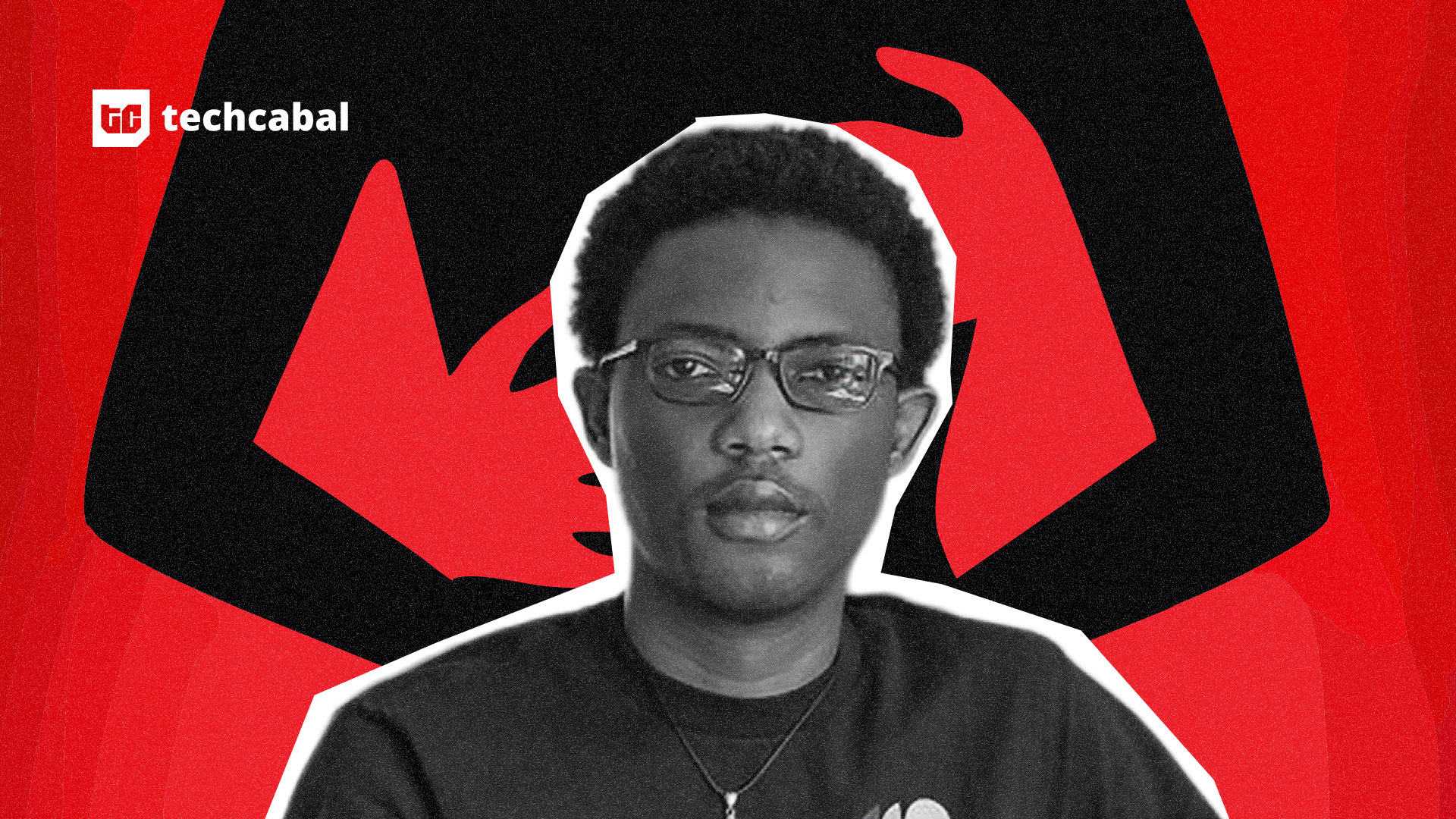Paystack co-founder Ezra Olubi has claimed that the company terminated his employment before completing an investigation into allegations of sexual misconduct involving a subordinate, describing the process as unfair and contrary to Paystack’s internal policies that he helped create.
In a blog post published on Sunday, 23 November, Olubi said he was suspended a week before as Paystack initiated what it described as an “independent” investigation into allegations circulating online. He now says he was dismissed “before the supposed investigation was concluded, and without any meeting, hearing, or opportunity to respond to the issues raised.”
Olubi said this approach breached the company’s policies. “My legal team is now reviewing the process that led to my purported termination, including its consistency with internal policies,” he wrote, adding that he would not be commenting further.
The allegations first surfaced in mid-November when an online post accused Olubi of inappropriate conduct with a junior employee. The post prompted users to resurface several of Olubi’s decade-old tweets, including one encouraging inappropriate workplace touching.
“The posts being circulated do not reflect my conduct or the way I have lived my life,” Olubi said, but he did not address the specific tweets directly.
Paystack confirmed at the time that it had suspended Olubi and initiated a formal investigation, saying it intended to appoint an independent reviewer.
Paystack has not yet issued a statement in response to Olubi’s claims. It is unclear whether the investigation had formally begun or how far it had progressed before his termination. has contacted the company for clarification on whether the investigation was concluded and whether Olubi was allowed to respond to the allegations before the decision was made. The company had not replied at the time of publication.
Olubi’s statement focuses on how the process was handled rather than offering a detailed rebuttal of the allegations themselves. While he maintains that the tweets circulating online misrepresent his conduct, he did not respond to the substance of the claims.
For much of the past decade, Paystack has been held up as one of Africa’s most admired companies: a case study in culture, discipline, and operational excellence. This dispute now places unusual scrutiny on those foundations. How Paystack navigates the next steps will shape its internal culture and the ecosystem’s expectations around accountability when allegations involve senior leadership.











